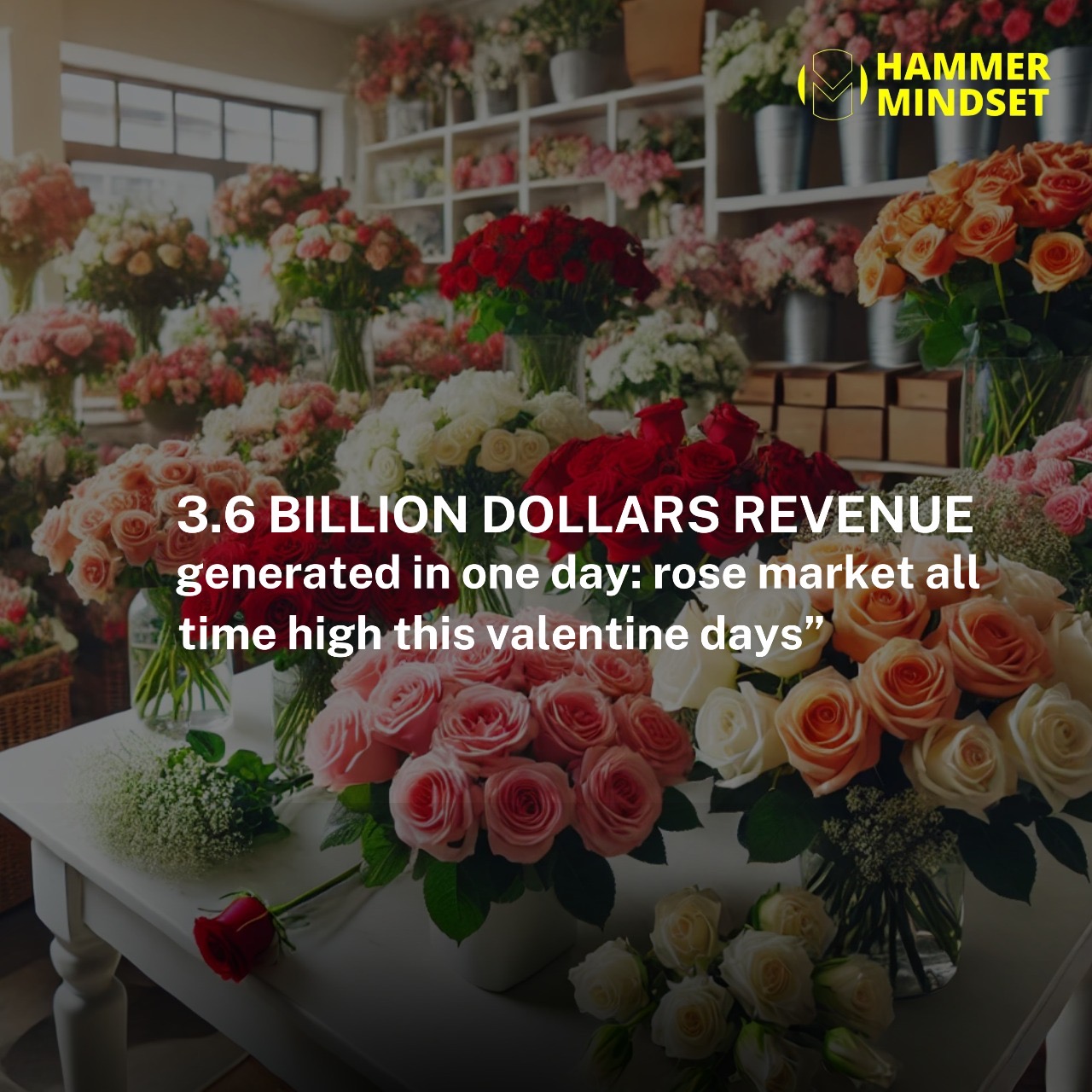In a significant move to enhance the economic foundation of Egypt, the Micro, Small, and Medium Enterprise Development Agency (MSMEDA) has entered into a strategic agreement with the Arab African International Bank (AAIB). The agreement, valued at EGP 150 million, is designed to offer critical financial support to micro, small-, and medium-sized enterprises (MSMEs) across all governorates of Egypt. This partnership reflects Egypt’s ongoing efforts to empower the private sector, support entrepreneurship, and stimulate national economic growth through job creation and increased production.
Governmental Support and Strategic Vision
The partnership is in line with the directives of Prime Minister Mostafa Madbouly, who has consistently emphasized the importance of enhancing support for MSMEs as an essential component of national development. His administration seeks to promote inclusive economic growth and provide sustainable job opportunities through the promotion of entrepreneurship and enterprise development. By encouraging financial institutions like AAIB to collaborate with development agencies, the government is strengthening the financial infrastructure required for MSMEs to thrive.
MSMEDA, under the leadership of CEO Basil Rahmy, plays a pivotal role in executing this vision by acting as a bridge between financial institutions and entrepreneurs. The agency not only facilitates funding but also offers capacity-building programs and technical assistance to ensure that enterprises can sustain and scale their operations effectively.
Details of the AAIB-MSMEDA Agreement
The financing agreement was formally signed by Basil Rahmy and Tamer Waheed, Vice Chairman and Managing Director of AAIB. According to the agreement, AAIB will extend the EGP 150 million fund to support both new and existing MSMEs across Egypt. The agreement particularly emphasizes supporting women entrepreneurs and new business ventures, in line with Egypt’s goals of promoting gender inclusivity and innovation in the business landscape.
Under this agreement, AAIB will relend the funds to qualifying enterprises, offering up to EGP 15 million for small projects and up to EGP 30 million for medium-sized ventures. The financing can be utilized to purchase new machinery or meet working capital requirements, thereby helping MSMEs upgrade their capabilities and maintain operational continuity.
Expanding MSME Access to Financial Resources
One of the key challenges MSMEs face in Egypt and globally is limited access to financial services. Many small business owners struggle with securing loans due to a lack of credit history or insufficient collateral. The MSMEDA-AAIB initiative addresses this issue by providing structured financial products tailored to the needs of MSMEs, including lower interest rates, flexible repayment plans, and advisory services.
The partnership also promotes financial inclusion by targeting enterprises in remote and underserved regions of Egypt. By expanding the geographical reach of financial services, the program aims to reduce regional disparities in economic development and bring more businesses into the formal economy. This, in turn, can lead to improved transparency, increased tax revenues, and more effective economic planning at the national level.
Supporting Women-Owned and New Enterprises
A unique aspect of the MSMEDA-AAIB initiative is its focus on women-owned businesses and new entrepreneurial ventures. Recognizing the significant potential of women entrepreneurs to drive inclusive growth, the program reserves a portion of the financing specifically for female-led enterprises. This approach aligns with Egypt’s broader gender equality objectives and reflects a growing recognition of the role women play in economic transformation.
Similarly, by supporting start-ups and new projects, the program fosters innovation and injects dynamism into the economy. Start-ups often face the highest barriers to entry in terms of funding and operational support. By offering them targeted financial assistance, the agreement encourages risk-taking and helps cultivate a culture of entrepreneurship.
Long-Term Economic Impact and Job Creation
The anticipated long-term impact of the MSMEDA-AAIB financing initiative is substantial. By empowering MSMEs with the necessary financial resources, the program aims to stimulate production, enhance business resilience, and ultimately generate employment. According to studies, MSMEs contribute significantly to job creation, particularly in developing economies like Egypt, where they account for a large share of private-sector employment.
The program also contributes to Egypt’s national economic growth by encouraging value addition, reducing dependence on imports, and improving the competitiveness of local industries. With access to modern machinery and adequate working capital, enterprises can increase their productivity, explore new markets, and contribute to the country’s export potential.
Aligning with Egypt Vision 2030
The MSMEDA-AAIB financing agreement is a concrete step toward achieving the objectives outlined in Egypt Vision 2030—a comprehensive strategy aimed at achieving sustainable development and inclusive growth. The strategy places strong emphasis on fostering a diversified and knowledge-based economy, where MSMEs are recognized as key contributors.
Through collaborations such as this, Egypt aims to create a conducive business environment, strengthen institutional capacities, and support innovation. The financing agreement serves as a model for future partnerships between public institutions and private financial entities, showcasing how coordinated efforts can drive national progress.
The Role of MSMEDA in National Development
Established to support micro, small-, and medium-sized enterprises, MSMEDA has emerged as a central institution in Egypt’s development landscape. Beyond facilitating financing, MSMEDA offers a range of services, including business development training, market access support, and networking opportunities for entrepreneurs.
The agency operates a decentralized network of regional offices, ensuring that support is accessible to businesses in both urban centers and rural areas. Its programs are aligned with national priorities such as reducing unemployment, enhancing industrial capacity, and promoting inclusive growth. The current partnership with AAIB exemplifies MSMEDA’s proactive approach to resource mobilization and strategic collaboration.
The Significance of AAIB’s Participation
The involvement of Arab African International Bank (AAIB) in this initiative reflects the growing role of the banking sector in supporting sustainable development. As a leading financial institution in the region, AAIB has a strong track record of innovation and social responsibility. Its collaboration with MSMEDA is part of a broader commitment to enhancing financial accessibility and empowering local communities.
AAIB’s experience in SME lending, risk assessment, and financial management brings valuable expertise to the program. The bank’s nationwide presence also enables effective implementation and monitoring of financed projects, ensuring that the funds are utilized efficiently and yield tangible outcomes.
A Collaborative Path Toward Economic Inclusion
The EGP 150 million financing agreement between MSMEDA and AAIB marks a significant milestone in Egypt’s journey toward economic inclusion and sustainable development. By channeling financial resources into the MSME sector, the initiative addresses critical challenges faced by small and medium enterprises and lays the groundwork for broad-based economic growth.
With a strong focus on supporting women entrepreneurs and new ventures, the program embodies the principles of inclusivity and innovation. As Egypt continues to implement its Vision 2030 agenda, partnerships like this will play an increasingly vital role in shaping a resilient and diversified economy. Through coordinated efforts and shared commitment, stakeholders across the public and private sectors can empower entrepreneurs, create jobs, and build a prosperous future for all Egyptians.








